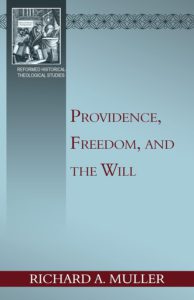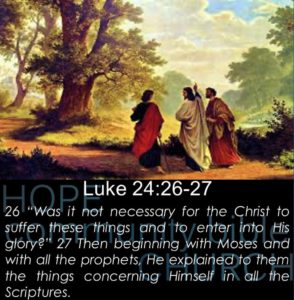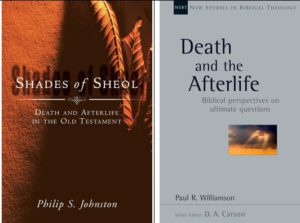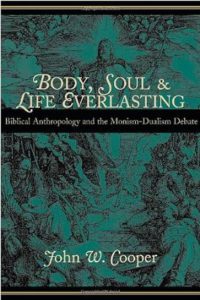 The Empty Tomb: Inadequate Alternative Explanations. BADR Part 8
The Empty Tomb: Inadequate Alternative Explanations. BADR Part 8
Question – Critics have offered other theories to explain the empty tomb of Jesus. Why are these alternative theories not plausible?
1) Swoon or Apparent Death Theory: Jesus did not die.
But the Roman executioners were “professionals” who were thorough in verifying Jesus’ death.
2) Conspiracy & Theft Theory: The disciples stole the body and claimed that He rose from the dead.
But conspiracy is always executed for selfish advantage and the disciples were persecuted and imprisoned for their claims. Conspiracy theory about the resurrection violates all known psychological laws of lying.
3) Hallucination Theory: All of Christ’s post-resurrection appearances were really hallucinations.
But hallucination only visits the prepared mind. The disciples were not psychologically predisposed and did not expect Jesus to rise from the dead. Critics only needed to point to the body of Jesus in his tomb to refute the disciples.
You can view the video at:
The Empty Tomb: Inadequate Alternative Explanations. BADR Part 8
Next video – Harmonizing Alleged Discrepancies Between the Resurrection Accounts of the Four Gospels. BADR 9


 Some young Calvinists I know are not sure how to respond to their friends who reject the Calvinist doctrine of God’s foreknowledge and predestination with a self-assured declaration, “No thanks, Calvinist predestination is theologically and logically problematic. I prefer Luis de Molina’s teaching of the “scientia media or middle knowledge as it is more coherent and persuasive.” These young Calvinists become unsettled and feel intimidated by the unfamiliar terminology thrown at them. However, a simple question would dispel the Molinist’s aura of sophistication. “As a Molinist, are you then a Jesuit or an Arminian? Since you are Protestant, I conclude that you are basically rebranding old-time Arminianism by using exotic language, granted that the idea of a divine middle knowledge is at the heart and soul of the Arminian view.”
Some young Calvinists I know are not sure how to respond to their friends who reject the Calvinist doctrine of God’s foreknowledge and predestination with a self-assured declaration, “No thanks, Calvinist predestination is theologically and logically problematic. I prefer Luis de Molina’s teaching of the “scientia media or middle knowledge as it is more coherent and persuasive.” These young Calvinists become unsettled and feel intimidated by the unfamiliar terminology thrown at them. However, a simple question would dispel the Molinist’s aura of sophistication. “As a Molinist, are you then a Jesuit or an Arminian? Since you are Protestant, I conclude that you are basically rebranding old-time Arminianism by using exotic language, granted that the idea of a divine middle knowledge is at the heart and soul of the Arminian view.”



 Philosophical and Social Origins of Identity Politics and the LGBTQ Sexual Revolution. Part 3.
Philosophical and Social Origins of Identity Politics and the LGBTQ Sexual Revolution. Part 3.